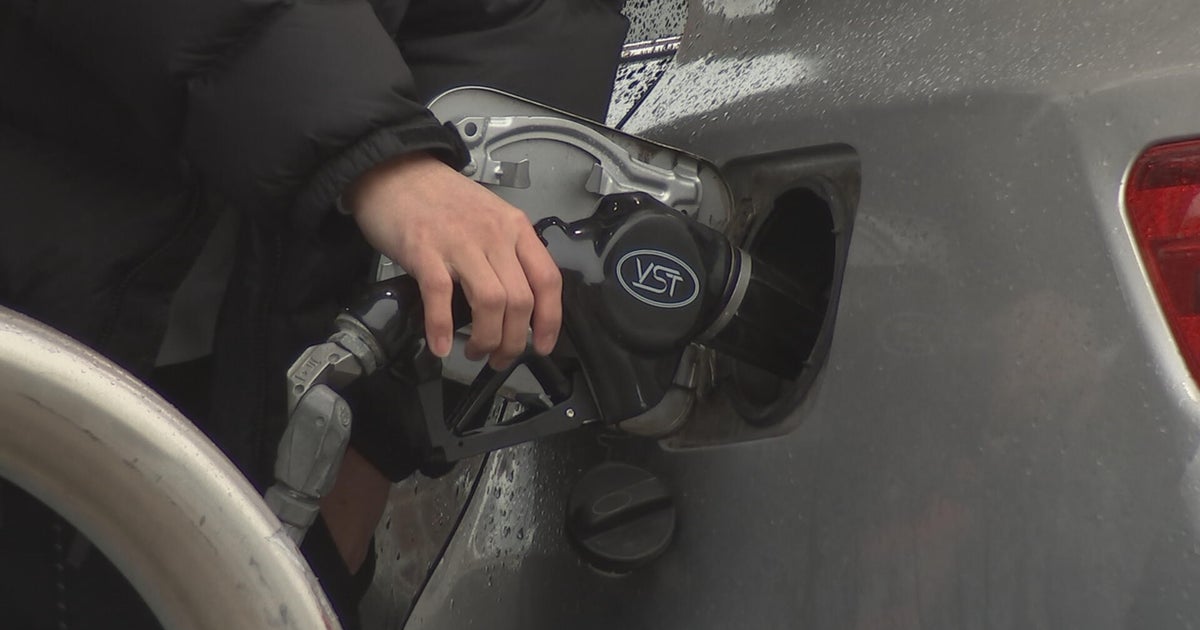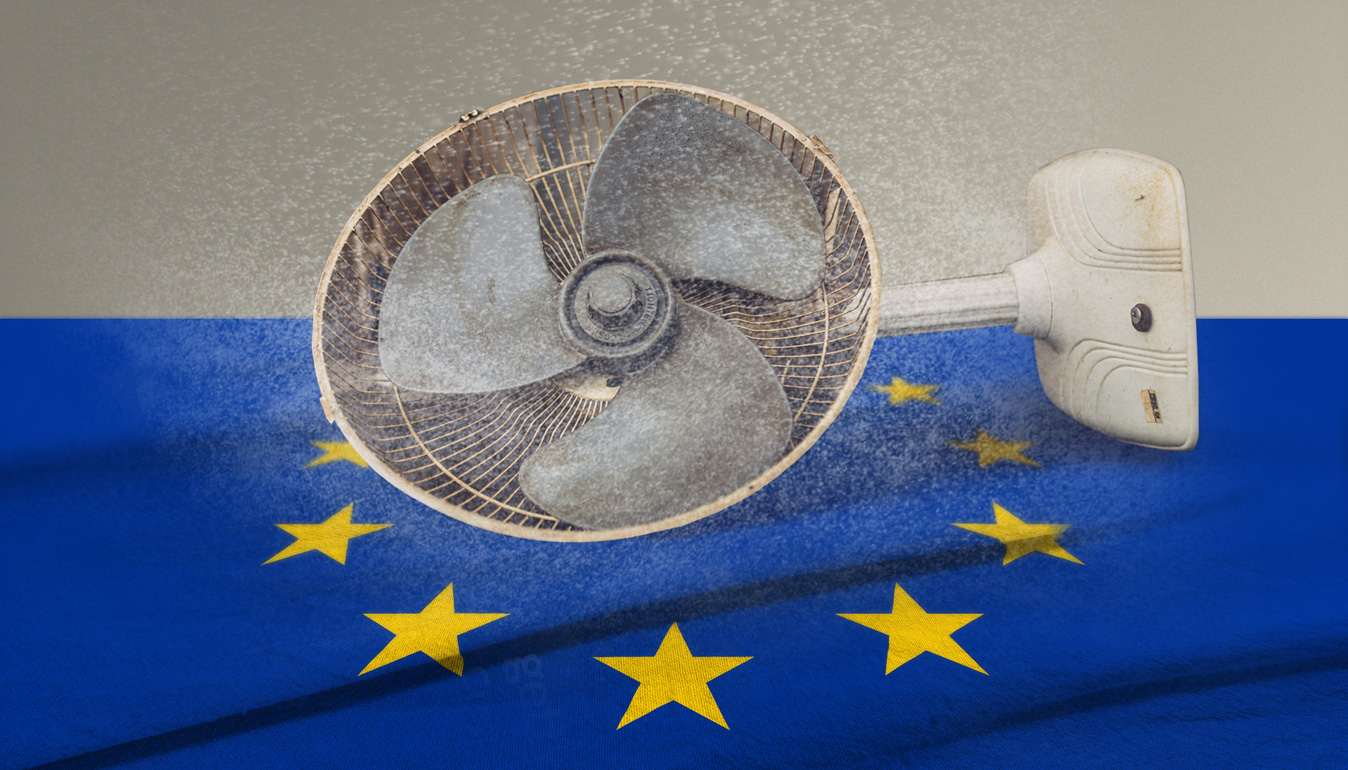"Energy vampires," air leaks could be costing homeowners hundreds as energy costs spike
For a second winter in a row, Americans have seen a spike in their energy bills as home heating costs are up nearly 36% — marking a 10-year high.
Supply shortages, amplified by Russia's war on Ukraine, are causing the spike. Natural gas is estimated to be up almost 29% from the last fiscal year. Heating oil is up nearly 27% and electricity costs have climbed more than 10%, according to the National Energy Assistance Directors Association, an educational and policy organization.
But there are ways to save.
Some energy experts recommend looking for energy-draining appliances — like coffee makers and cell phone chargers — that continue to use energy even when not being used. Energy Star, a U.S. government-run program that promotes energy efficiency, says 75% of appliance energy use comes from when appliances aren't being used but are still plugged in.
Known as "energy vampires," these culprits could account for up to 20% of your electric bill.
"We always encourage homeowners to unplug anything that's not being used," said Chris Villanueva, a house technician who audits energy use.
Audio systems could cost $20 a year, while desktop computers could cost $40 per year — while not in use.
Timers or power strips that easily unplug could help save on costs. Also, new appliances that have Energy Star certification typically consume less wattage, which could mean more savings over the long run.
In addition to "energy vampires," air escaping through windows and door cracks alone can cost homeowners hundreds of dollars a year, according to Villanueva. Plugging them can help heating systems from running excessively.
He recently spent the day looking for air leaks at Bob and Allison Zsunkan's Connecticut home after their energy bill spiked so high that they had to re-budget their spending and 401(k). Bob Zsunkan said their oil bill went up $160 per month.
Villanueva also recommends setting the thermostat between 65 and 68 degrees, switching to LED lightbulbs and improving insulation.
According to the National Energy Assistance Directors Association, an estimated 6.2 million households are getting government help with their energy bills this season. It's the largest one-year increase since 2009.
Through the Inflation Reduction Act, energy-efficient upgrades like switching to a heat pump can offer a tax credit of up to $2,000.



